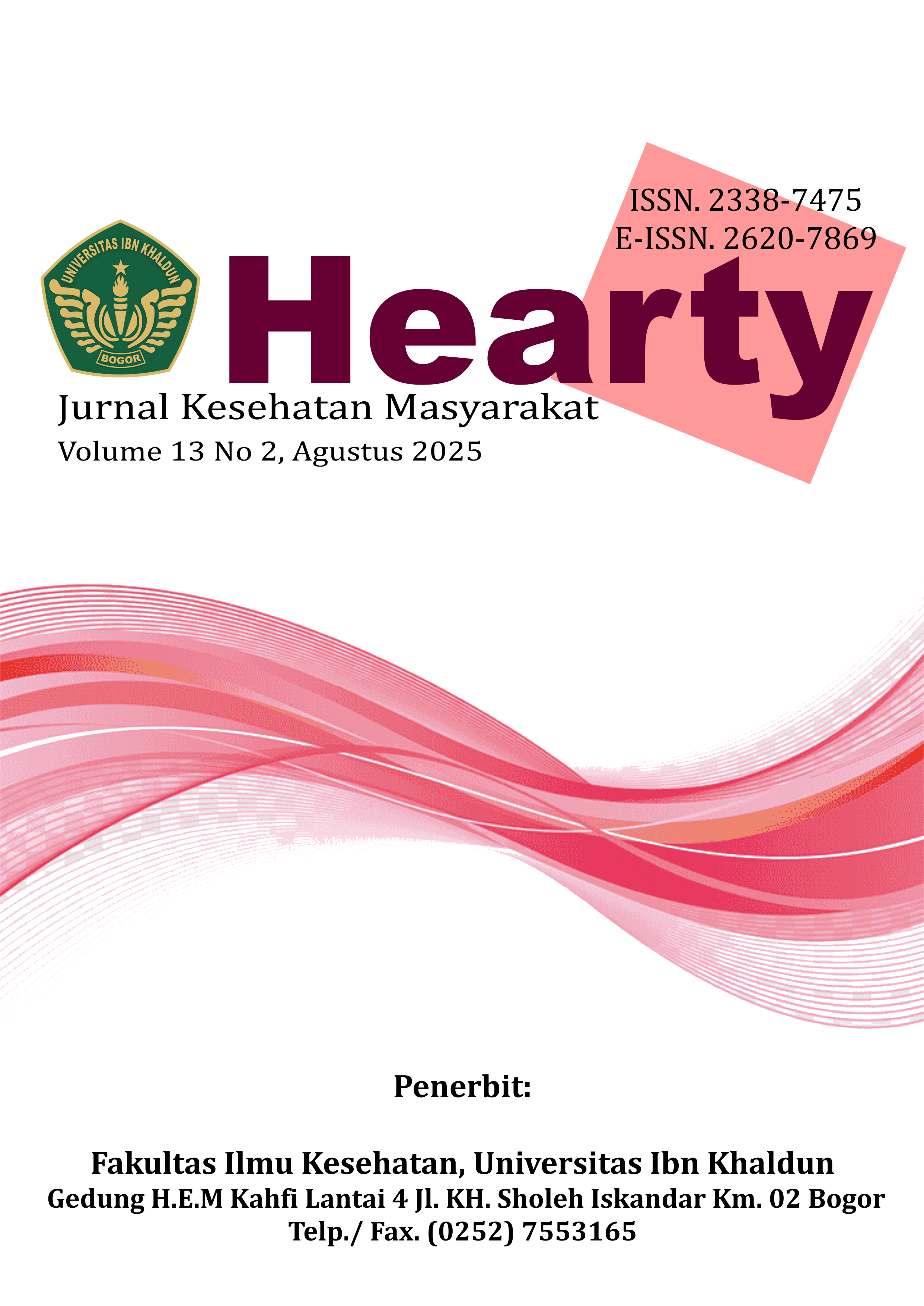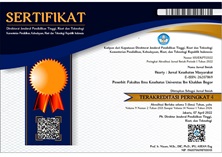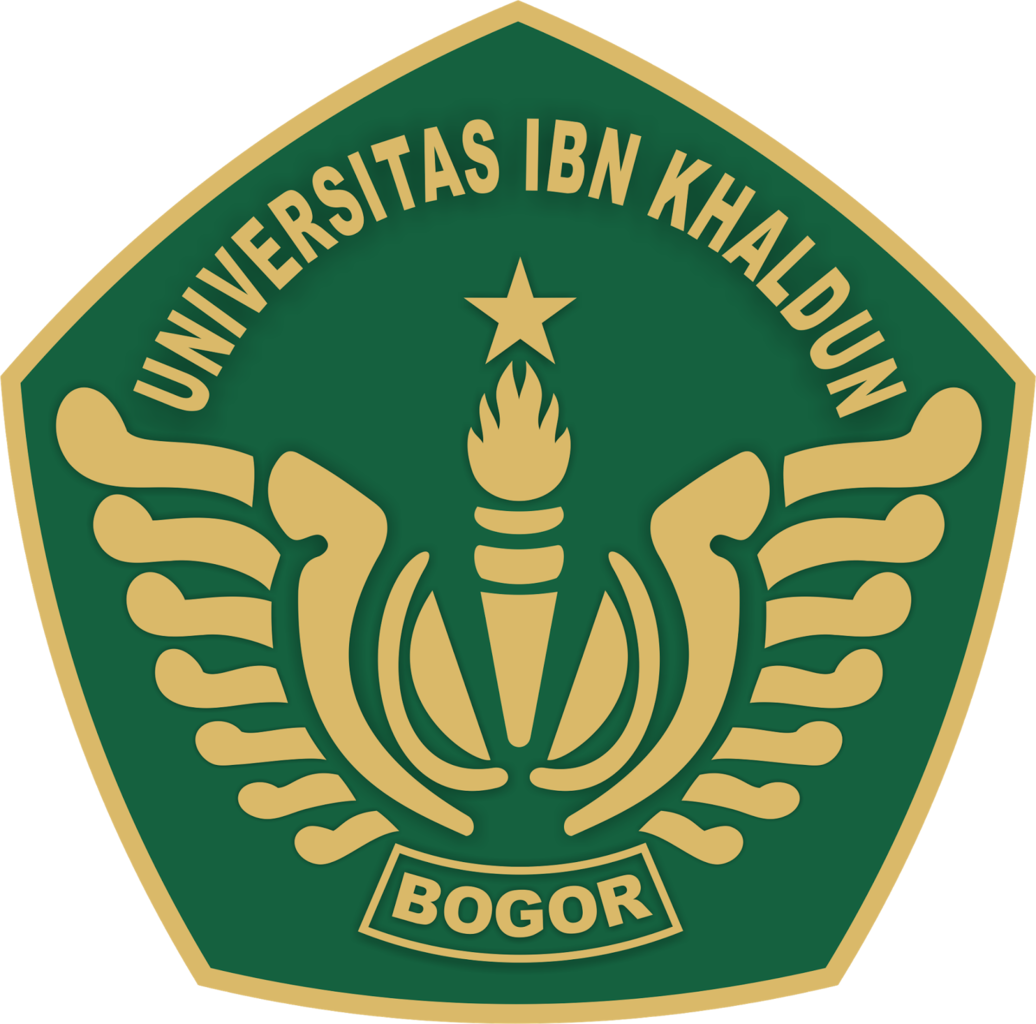COMPARISON OF ADMINISTRATION OF BELT LEAF AND BINAHONG LEAF BOILING ON THE HEALING OF PERINEUM WOUNDS AT TPMB DARMAULI
DOI:
https://doi.org/10.32832/hearty.v13i2.16122Abstrak
Background: WHO in 2020 stated that maternal deaths worldwide were 295,000 women, Africa WHO in 2020 stated that maternal deaths worldwide were 295,000 women, Africa, Sub-Saharan and South Asia accounted for around 86%. The maternal mortality rate in Indonesia is 230/100,000 live births. The direct cause of maternal death in 90% is complications that occur during labor and after delivery. Infections that often occur in mothers after giving birth are infections of the perineum. Data obtained at TPMB Darmauli in the last three months gave birth to women who experienced grade II perineal wounds, namely in August 2023 there were 66.67%, in September 2023 73.33% and in October 2023 there were (64.28%). Objectives: Knowing the difference between giving decoction of betel leaves and binahong leaves in healing perineal wounds. Methods: Quasi-experimental with posttest group design research type. The sample in this study was all 30 postpartum mothers who experienced perineal wounds at TPMB Darmauli in December 2023. The sampling technique was total sampling. Results: The majority of perineal wound healing in the betel leaf group was normal and the majority in the binahong leaf group was fast. The average healing time for perineal wounds in the betel leaf group was 7.13 days and 5 days in the binahong leaf group. Binahong leaves are faster for healing perineal wounds in postpartum women compared to betel leaves (p. value 0.000). Conclusions and Suggestions: Binahong leaves are faster for healing perineal wounds in postpartum women compared to betel leaves. It is hoped that midwives can improve counseling regarding perineal wound care by using boiled water from binahong leaves to speed up wound healing.
























